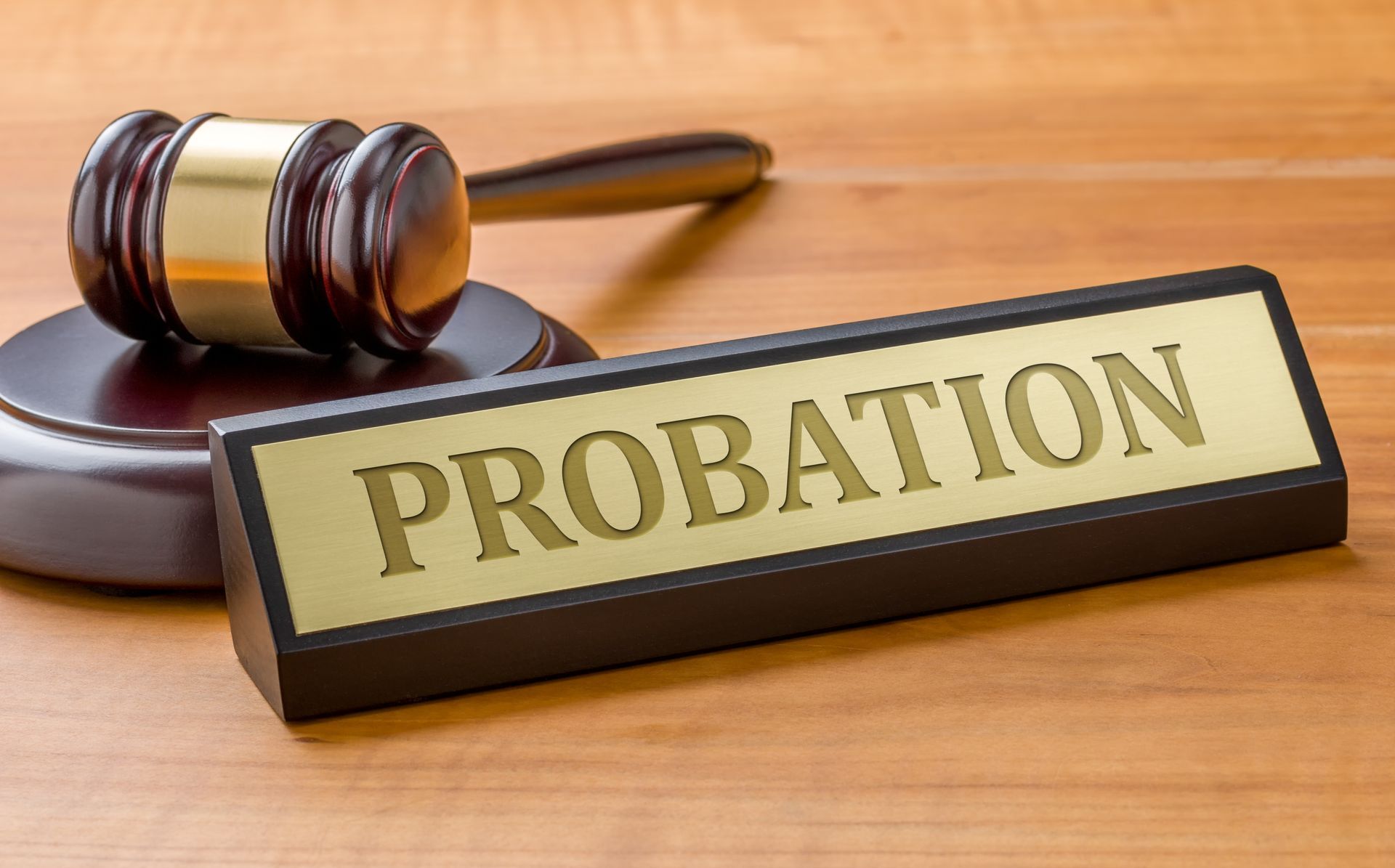How to Prepare for a Parole Board Appearance in Idaho
How to Prepare for a Parole Board Appearance in Idaho
Appearing before the Idaho Parole Board is a critical moment that could determine whether you return to your community or remain incarcerated. Preparation is essential, and understanding what to expect can significantly improve your chances of a favorable outcome. At Wollen Law, PLLC, we help individuals across Boise and the state of Idaho navigate this important step with clarity and confidence.
What Is a Parole Board Hearing?
A parole hearing is a formal review process where the Idaho Commission of Pardons and Parole determines if an inmate is ready for conditional release from prison. The board reviews your conduct in prison, the nature of your offense, efforts toward rehabilitation, and input from victims, law enforcement, and other relevant parties.
Steps to Prepare for a Parole Board Appearance
- Know the Process
Familiarize yourself with how the Idaho Parole Commission operates. Hearings typically include a review of your prison record, your original offense, and any plans you have for reintegration. Knowing what’s expected helps you stay focused and respectful during your appearance. - Organize Your Reentry Plan
Having a clear and realistic reentry plan is one of the most important things you can do. This includes:
- Where you will live after release
- How you plan to find or maintain employment
- Proof of community support from family or organizations
- Commitment to counseling or treatment programs, if required
- Demonstrate Rehabilitation
Show that you’ve made positive changes during your incarceration. This can include completing educational courses, participating in vocational training, maintaining a clean disciplinary record, and showing insight into the impact of your actions. - Practice What You Will Say
Be honest, respectful, and prepared to answer questions about your past, your progress, and your plans. Avoid placing blame on others. Instead, focus on what you’ve learned and how you’re working to rebuild your life. - Gather Support Letters
Letters from family members, faith leaders, employers, or community figures can help demonstrate that you have a support system in place. These letters should express belief in your ability to succeed and show a willingness to assist in your transition back into society. - Seek Legal Representation
Working with a knowledgeable attorney can make a significant difference. Your attorney can help you prepare statements, organize your documentation, and even appear with you to advocate on your behalf.
Why Preparation Matters
A well-prepared parole hearing not only shows that you take the process seriously, but also proves to the board that you are ready to take full responsibility and succeed outside of incarceration. Lack of preparation, vague answers, or an incomplete reentry plan can reduce your chances of being granted parole.
Work with Wollen Law, PLLC
At Wollen Law, PLLC, we help individuals across Boise and Idaho prepare thoroughly for their parole hearings. From organizing your materials to helping you present your case clearly and confidently, we are committed to giving you the tools to move forward with your life.
Take the Next Step
Don’t go into a parole hearing unprepared. Contact Wollen Law, PLLC today to schedule a consultation and begin building your path to freedom.











